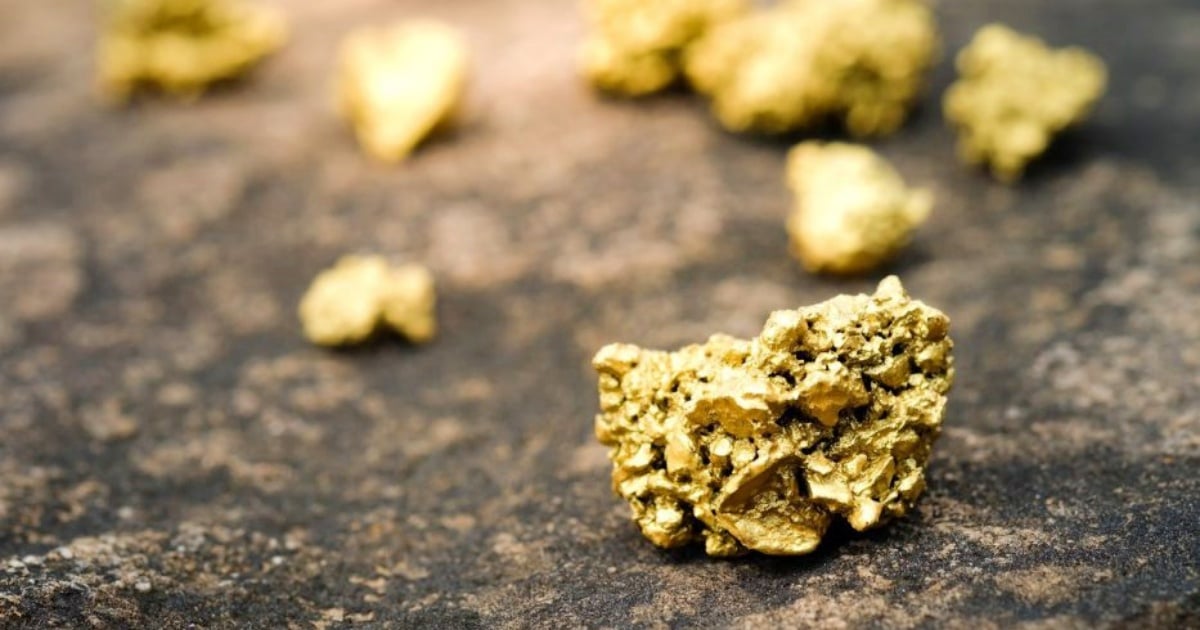
About thirty people were tried in Camagüey in nine cases of illegal mining, as reported on Sunday by Cubadebate, citing the Presidency of the Popular Provincial Court of that territory.
The cases occurred in Guáimaro and the head municipality.
The accused - whose identities have not been disclosed - were sentenced to penalties ranging from six months to two years of deprivation of liberty and/or fines of 200 to 500 pesos.
The official source did not provide details about each of the cases, and indicated that the accused received criminal measures "according to the personal characteristics of each accused, the social harm of the acts, whether they were first-time offenders, repeat offenders or habitual offenders, as well as social behavior in the area of residence."
The San Jacinto mine in Guáimaro was one of the epicenters of illegality.
Although the official source did not provide details of the cases, it did indicate that those involved affected Cuba's geological heritage, as well as risking contracting lethal diseases, including various types of cancer, malformations, and respiratory diseases linked to pollution from metals.
The source noted that the geominer company in the province has suffered "economic consequences" derived from the "environmental impact" caused by illegal extractions.
The Cuban authorities have been trying for over a decade to curb the phenomenon of illegal mining, which has surged since 2013.
The Mining Law states that "the subsoil is owned by the State, which is the sole entity authorized to extract minerals for investigative and exploitation purposes."
The "gold hunters" are mainly dedicated to exploiting some small deposits that are located outside of the main routes and where it is not profitable for state-owned companies to intervene.
In 2018, the Granma newspaper reported the death of two people in Holguín due to inhaling gases during illegal gold extraction. In the same incident, there were three seriously injured and one lightly injured.
Between February and October 2023, more than 60 people were tried in Ciego de Ávila for this type of crimes. The number was low compared to that of 2021, when 300 were sanctioned.
In April, Manuel Marrero Cruz warned at a meeting about the importance of continuing the fight against illegal mining, stating that "it is not a closed issue."
In addition to what is established in the Mining Law, the Cuban Constitution stipulates that mineral deposits and mines "are of socialist ownership," and specifies that, in order to exploit them, regardless of their type, a mining concession is required, which is processed by the National Office of Mineral Resources (ONRM) and granted by the Executive Committee of the Council of Ministers or the head of the Ministry of Energy and Mines, depending on the type of mineral in question.
In Cuba, artisanal mining for stone destined for construction, sand, and clays is approved, but it does not include any other type of mining exploitation.
What do you think?
COMMENTFiled under: